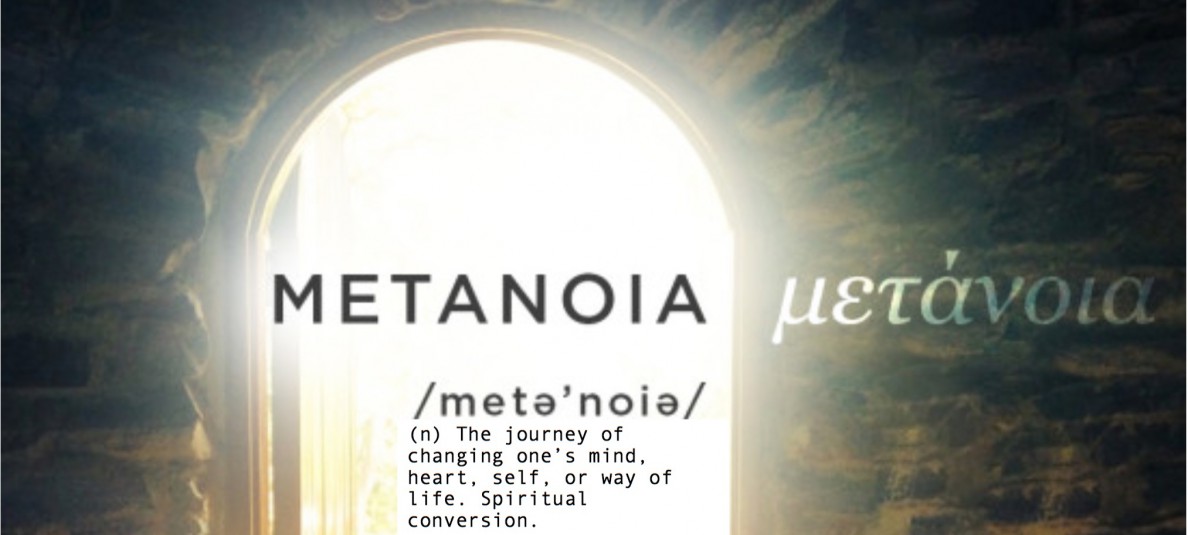Ash Wednesday (B): Sometimes People are Awful
By: The Rev. Dr. Hannah Adams Ingram
“The Internet can be an awful place full of awful people.”
Ever since Star Wars: The Last Jedi hit theaters, my partner and I find ourselves saying this on the daily—whenever we see people complaining about a fun movie, saying something reprehensible in the comments section of a news article, and so forth. And it’s easy to see how it’s true, right? You know the comments sections I’m talking about. The debates unfolding on your Facebook wall between your aunt and that one random person you met on a trip across the country. The people that seem to post from high horses about how amazing life is and how #blessed they are in a way that seems to mock others. The Internet can be an awful place full of awful people.
The problem though is that sometimes, we ourselves are those awful people. The Internet is only what it is because we use it in those ways. And sometimes, we as people just aren’t great.
The uncomfortable realization that people—ourselves included—just suck sometimes is what Lent is all about. Okay, that might be my Millennial pastor translation. In more formal terms, Lent is a period of 40 days ahead of Easter set aside to solemnly prepare oneself for the Holy Week observance. It represents the 40 days Jesus spent in the desert facing temptation in preparation for his own ministry. Lent begins with Ash Wednesday, which is what we are focusing on in the texts for today. Ash Wednesday emphasizes our mortality, as we remind each other “from dust we came and to dust we shall return.” Introspection about mortality often invites an honest recognition of our shortcomings, so the Lenten season is also seen as a time of repentance and renewal before the highest holy day in our tradition, Easter Sunday.
Which brings us back to this: sometimes people are awful, and we can see this play out on the Internet. It’s today’s texts that bring the Internet to mind, though, as our Ash Wednesday texts include the series of Jesus’s maxims about how to conduct one’s spiritual life in the world. He warns his audience that prayer, giving, fasting—these things are between us and God. In fact, in these passages, we see the suggestion that if we are to do these acts as a public display of piety, then our reward will be just as vain and worldly. We will get the satisfaction of knowing that others know how holy we are, and that’s it. These passages are particularly convicting in the age of social media. Sometimes it seems like nothing is done in secret. We know exactly how much our friends are donating to what causes, we saw their selfies from the community service site, and we know what page their on in their devotional books.
Like others my age, I love posting all about my life on Facebook and Twitter—my joys, my griefs, my goals, and my meals. And as a religious person, it feels natural to include religion and spirituality in the umbrella of topics and themes I reflect about online. But what are we to do with Jesus’s warning not to be “not be like the hypocrites” who “love to stand and pray in the synagogues and at the street corners, so that they may be seen by others?” Are we hypocrites if we post on Facebook or Twitter about our prayer, our fast, or our giving?
This dilemma accompanies almost every piece of wisdom attributed to Jesus in the Gospels. Did Jesus literally want us to turn the other cheek? Sell all our possessions? Keep mum about our spiritual disciplines? And it’s not as simple as hoping Jesus didn’t mean what he said so that we can do what we want instead. There are actually good counterpoints to this advice. Yes, a humble person may stay quiet about the money they donated to a cause, but what making the donation publicly helps to encourage more giving? (This is the premise of crowdfunding sites after all.) And the same is true about spiritual disciplines—there is actually power in accountability. I know there are certain practices I should be doing for my own good, but it’s easy for me to put things out of my mind until I am reminded by someone else posting about prayer, reading, writing, and other practices that theoretically matter to me. Lent reminds me that I’m mortal, finite, flawed, and way too often, I fall short of who I want to be. Connecting with others online, in the best case scenario, reminds me that I am called to live differently.
So what are we to do this Lent? If we use the time to rededicate ourselves to spiritual disciplines, must we hide it to reap the rewards? I worry about my compulsion to water down the high demands my faith makes of me, so I won’t do that here. I’m not ready to let us off the hook. Maybe some of us do flaunt our spiritual acts too much, and maybe those 47 likes we got is the reward we get. After all, the drive of social media is to post about our lives and get interaction from other people. But maybe it depends on why we post and why we are embarking on spiritual practices in the first place.
If we set out to show people how good we are, then yes, the appropriate reward is the social media popularity. And still, if we are truly seeking support and accountability, we may find it online. I don’t know that the answer is that the Internet is horrible and it ruins everything. Instead, we may just need to be cautious of our motivations, knowing ourselves and the temptation level of posting updates about our lives to get affirmation from others in the form of likes and comments. Additionally, perhaps it’s worth asking ourselves why we are posting and if there is a better way to meet that need. If I am truly looking for accountability, maybe there is a friend I can reach out to online instead. If I’m truly looking for the opinion of a group of fellow pastors, maybe I can use my privacy settings in such a way to reach curated groups of people. The Internet can bring out our worst, for sure, but perhaps we can use it to bring out our best, too.

The Rev. Dr. Hannah Adams Ingram is the Director of Religious Life and Chaplain of Franklin College in Franklin, Indiana. She grew up in non-denominational evangelical land and is now an ordained minister in the United Church of Christ. She and her partner Kyle just recently moved back to the state of their youth after eight years away collecting experiences and degrees.

Thank you! The Episcopal Church is a spiritual home free of judgment and inclusive for all.
LikeLike